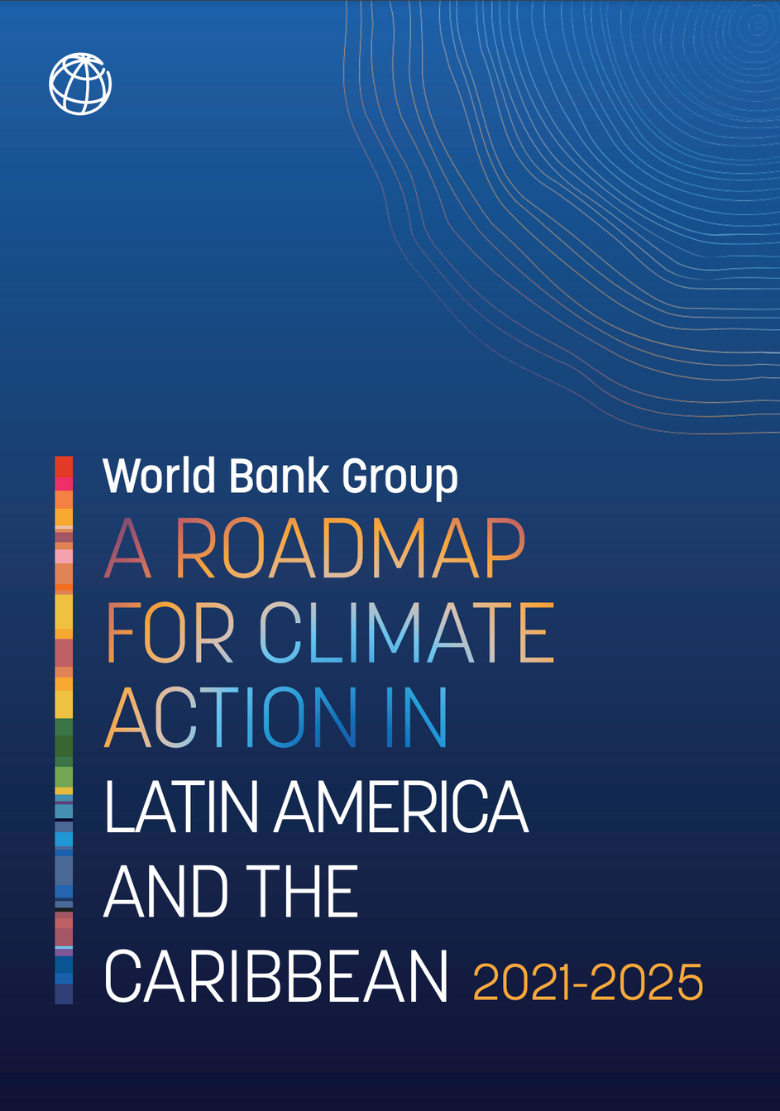Argentina
Increasing Resilience to Man-Made and Climate-Induced Desertification Through Sustainable Land Management in Southwest Buenos Aires Province, Argentina
Argentina’s Ministry of Environment and Sustainable Development has helped reduce climate and human vulnerability in the agroecosystems of Southwest Buenos Aires Province by increasing the adaptive capacity of key local institutions and actors and by piloting and disseminating climate-resilient and sustainable land management practices. Farmers and families engaged in small- and medium-sized agricultural cattle production on dry lands have benefited from interventions implemented between mid-2016 and September 2019, such as early-warning information, productive recommendations, soil quality monitoring, training, and initial investments to adopt climate-smart practices. Contributing local and national institutions benefited from related capacity building.
Brazil
Promoting Agricultural Productivity through Climate Smart Practices in Brazil
Brazil disseminated low-carbon-emission agricultural practices throughout the Cerrado biome (Brazilian savannah), restoring more than 93,000 hectares of pastureland and strengthening the capacity of 9,227 small and medium rural producers and technicians, of whom 2,057 were women. The project had an indirect positive impact on over 378,000 hectares of land.
Promoting agricultural productivity through climate smart practices
Catalyzed by the Forest Investment Program under the Strategy Climate Fund, Brazil managed to disseminate low carbon emission agriculture practices throughout the Cerrado biome (Brazilian Savannah), restoring more than 93 thousand hectares of pastureland and strengthening the capacity of 9,227 small and medium rural producers and technicians (of which 2,057 were women). The project had an indirect positive impact on over 378 thousand hectares of land.
Belize
Climate Adaptation in Action
The Marine Conservation and Climate Adaptation Project strengthened the climate resilience of Belize coral reef and critical ecosystems. Between 2015 and 2020, it supported the expansion of marine protected area coverage in Belize’s territorial waters from 13 to 22 percent, the restoration of 12 coral sites, and alternative livelihoods for 1,535 beneficiaries.
Chile
Market Instruments for Climate Change Mitigation: Supporting the Implementation of Carbon Pricing Instruments in the Energy Sector in Chile
The Market Instruments for Climate Change Mitigation Project has been instrumental in the design and implementation of a monitoring, reporting and verification framework and registry of Chile’s carbon tax. It has also helped deepen understanding of the impact of the carbon tax on the country energy matrix and emissions reductions, as well as how it could be enhanced and completed with other carbon pricing instruments and/or related policies.
Grenada
Transitioning to a Resilient Blue Economy in Grenada
Grenada has undertaken policy and institutional measures to maintain fiscal discipline and to diversify its economy toward a blue growth model based on sustainable, well-governed use of ocean resources. Achievements toward fiscal discipline include adherence to a public sector wage bill ceiling (from EC$240 million in 2016 to below 9 % in 2019), efficiency improvements in post-clearance audits and other customs procedures (increased from 3 annual post-clearance audits in 2016 to 5 in 2019), and enhanced transparency and accountability in the state-owned-enterprise sector (compliance with the new monitoring and reporting framework established by the Ministry of Finance increased from zero in 2016 to 100 % in 2019). Measures supporting climate resilience and blue growth are expected to help restore the health and management of the marine and coastal areas (marine protected areas increased from 3 in 2016 to 20 in 2019) and to help address the harmful effects of nonbiodegradable products on the marine and coastal environment (examples include zero imports in 2019 of Styrofoam food containers, single-use plastic bags, and disposable plastic plates, forks, and spoons).
Haiti
Strengthening Disaster Risk Management and Transport Infrastructure after a Disaster: The 2010 Haiti Post-Earthquake Experience
Between 2012 and 2020, in response to the 2010 Earthquake and Hurricane Matthew, Haiti strengthened its national and local disaster risk management capacity and made investments to improve the resilience of its road network, which benefited 150,000 residents.
Mexico
Integrating Coastal Watershed Conservation in Mexico: A Collaborative Effort to Conserve Biodiversity, Manage Land Sustainably, and Build Climate-Change Resilience
Mexico brought about effective collaboration among participating institutions to improve Coastal Watershed Conservation management throughout these sensitive areas of the country. Government efforts included protecting more than 1.7 million hectares of forested area; improving management of productive landscapes in watersheds covering 35,784 hectares; strengthening watershed socioecological resilience to climate change and other potential future environmental and social perturbations; raising permanent endowment finance of $28.6 million for protected areas and for enhanced sustainability of agricultural practices in adjacent areas; developing six Integrated Watershed Action Plans (IWAPs) to inform conservation activities and sustainable agricultural practices; and guiding six local partners toward incorporating better land management into their practices.
Improving Livelihoods and Mitigating Climate Change in Mexico’s Forest Communities
Through this project, rural communities gained planning and implementation support to increase forest conservation, production, and productivity, leading to strengthened forest resource management and increased income opportunities. Community-managed forest areas under sustainable management practices doubled to almost four million hectares during project implementation. By managing forest assets more sustainably, deforestation decreased by 25 to 50 percent in project areas.
Panama
Harnessing Biodiversity for Sustainable Rural Livelihoods in Panama
From 2014 to 2019, building on a strong foundation of conservation and sustainable production projects going back to 1998, Panama has addressed habitat fragmentation and other biodiversity threats by increasing its Protected Area conservation efforts to provide environmental benefits and sustainable, enhanced livelihoods for the nearly 200,000 people living in these areas’ buffer zones.
St. Vincent and the Grenadines
Building a Sustainable and Resilient Economy in St. Vincent and the Grenadines
St. Vincent and the Grenadines has initiated and supported reforms critical to build a more resilient economy through: (i) strengthening fiscal policy and public financial management; and (ii) strengthening climate resilience and adaptation in support of blue growth by implementing key policies around fisheries and ocean development. Finally, the country has laid the foundation for key further changes in these areas and for boosting disaster risk management reforms.
